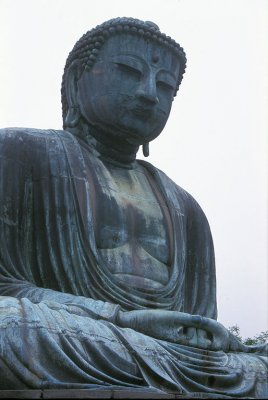Han Dynasty Religion
 The Han Dynasty is regarded as one of the best and most successful amongst all of the dynasties in China’s history. Traditions and practices during this era helped set the tone for imperial rule that helped govern China for more than 2000 years.
The Han Dynasty is regarded as one of the best and most successful amongst all of the dynasties in China’s history. Traditions and practices during this era helped set the tone for imperial rule that helped govern China for more than 2000 years.
Just like all other dynasties, religion was very important in shaping rules and regulations. Technology and art also developed during this time, and the influences of the Han Dynasty religion continued long after this era came to an end. Different types of religious practices dominated China during this period.
Ancestor Worship
This form of worship was widely spread in the country long before the Han Dynasty started. However, ancestor worship continued to be a popular practice during this dynasty. The emperor worshiped his ancestors through expensive burials.
Families in this country made ritual sacrifices to the deities, spirits, and ancestors. It was always a tradition for the emperor to go all the way and climb Mount Tai to give offerings to both Heaven and Earth.
Taoism
Taoism was considered the main religion during the Han Dynasty. This religion was founded during this era. Chinese people regularly held Taoist ceremonies to worship and for other religious purposes. This practice was characterized by a belief for opposites, such as “there is no love without hate.”
Buddhism
Buddhism was also one major religion in the entire country during the Han Dynasty. This was after its arrival during the first century CE. This religion was believed to be brought by different travelers who used the Silk Road from the northern part of India.
Confucianism
Confucianism was more of great philosophy than a religion in Han Dynasty. However, this philosophy ruled China for close to 2000 years as the country embraced Confucianism during this era.
Despite the Han Dynasty religion, Confucianism became one amongst the most crucial ideological beliefs in this era. There were also other primitive religions practiced by the minorities. All these religions helped shape this dynasty into what it was.
